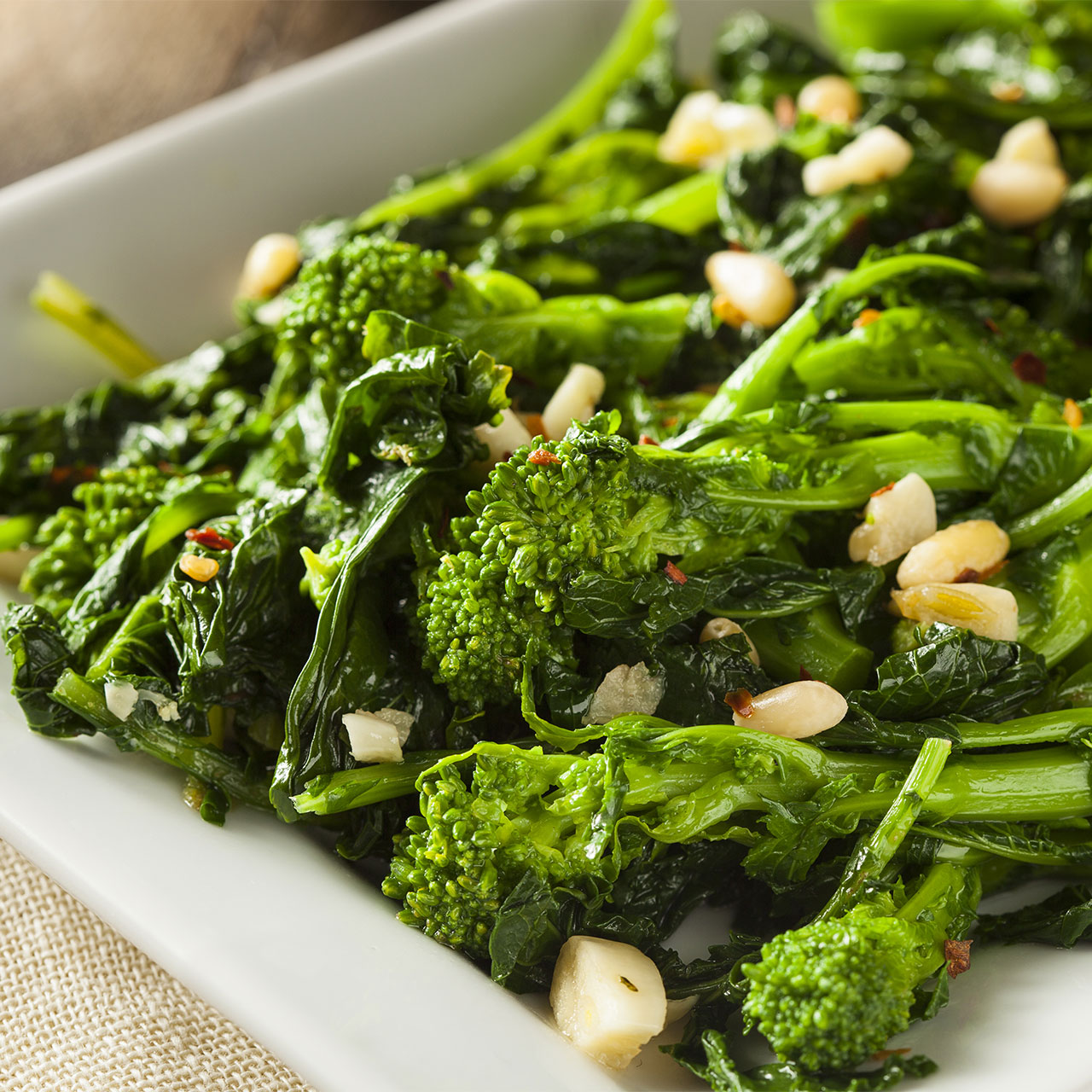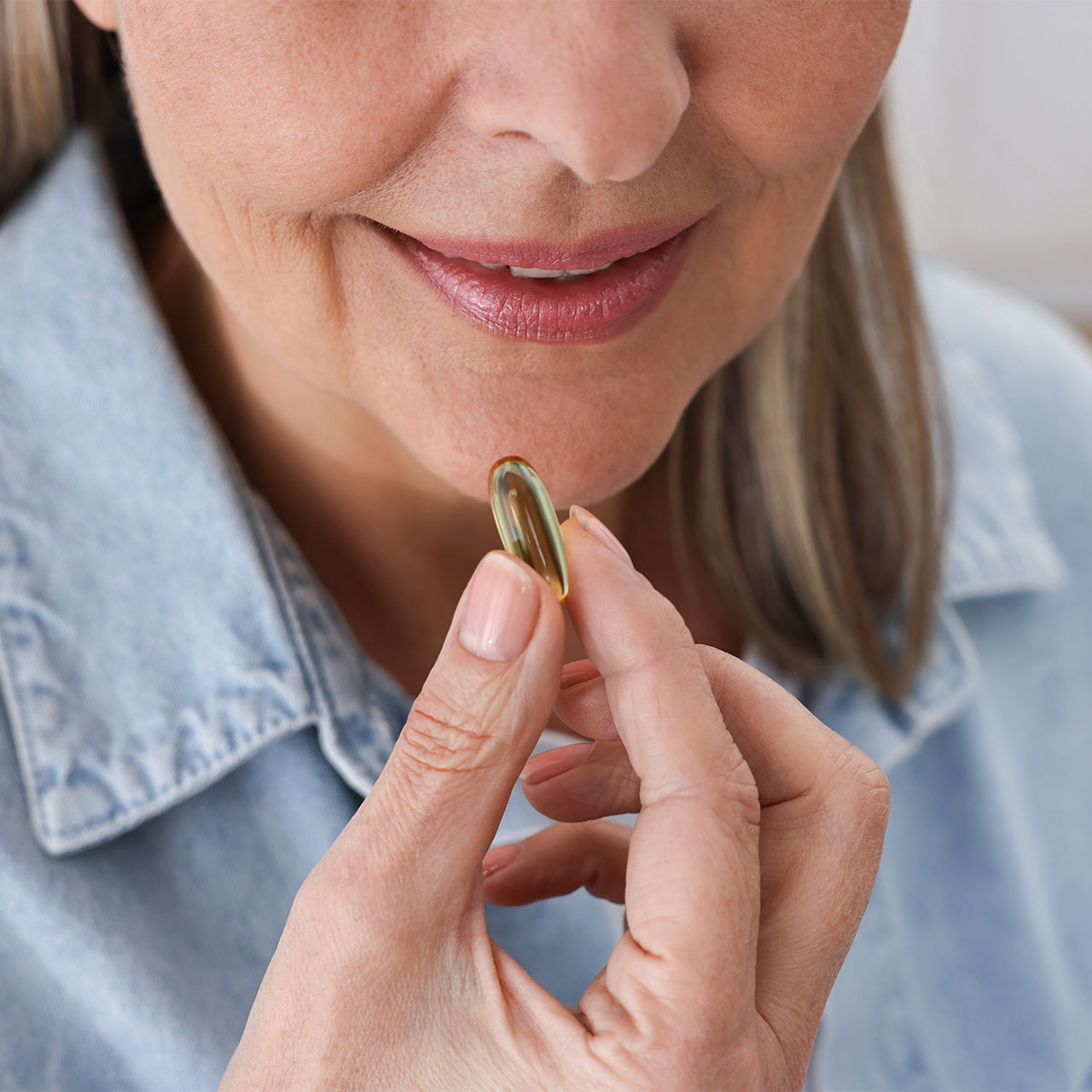Julie Williams, certified medical herbalist and founder of Leaf People authored this story.
Before anything else, it’s important to understand that most medicinal, culinary herbs are water soluble and do not have a toxicity level. However, one should always use medicinal plants in moderation unless under the supervision of an herbalist or naturopath. Spices are slightly more potent and in small doses are excellent supporting immune function and general health. For a more comprehensive treatment with spices, consult your health care practitioner for a diagnosis and treatment plan.

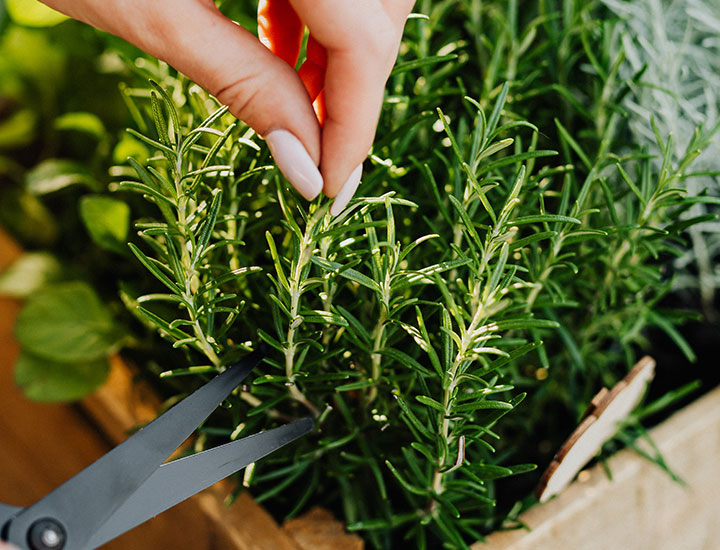
The Best Herbs And Spices To Boost Your Immune System
Rosemary
Rosemary is an excellent general antimicrobial that is wonderful for so much more. It's an excellent general health tonic that helps fight microbes in your system, increases circulation (to move those immune cells around the body), and supports concentration and focus. It is also wonderful for scalp and hair health. You can infuse it with water for a hair rinse to help maintain your hair color and keep the scalp clean and balanced.
Additionally, it can be a mind-brightening tea especially when combined with gingko (for non-caffeinated) or green tea (for caffeinated). It supports the male and female organs for general wellness. Rosemary is wonderful for the skin as well—our first line of immune defense. You can try making this popular DIY toner recipe: In a container, add 8 oz of a strong infusion of rosemary in water, 1 oz aloe vera, and 1 tablespoon manuka honey. Mix well and use as a toner for blemish prone skin.
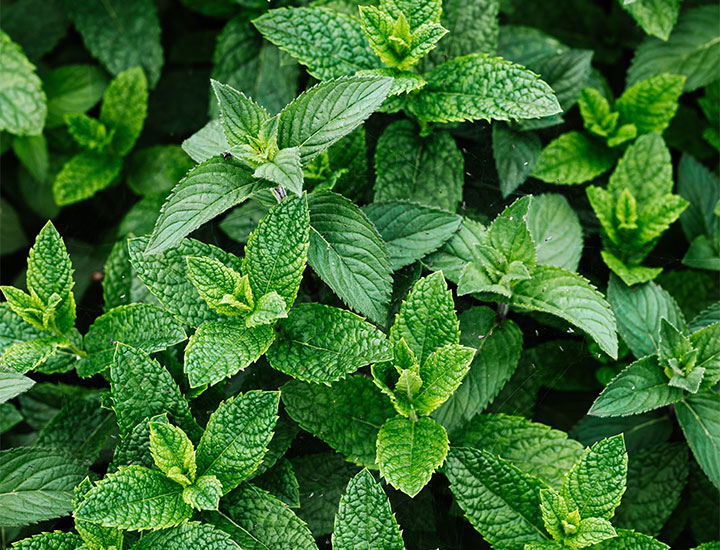
Peppermint
This is sensible for the whole family. Its delicious and effective tea soothes the stomach and could be for all ages—from children to grandparents. Peppermint is perfect as a post dinner drink to reduce gas and bloating which are common symptoms during a cold and flu as well. This herb is essential and beneficial for sore muscles, body aches, pains (when applied topically with a carrier oil), and headaches. It also helps in opening the sinus passages when applied to the temples and just under the nose. If you want to perk up the scent of any space at home (especially during the cold winter season or study time), infuse the pure essential oil into the room.
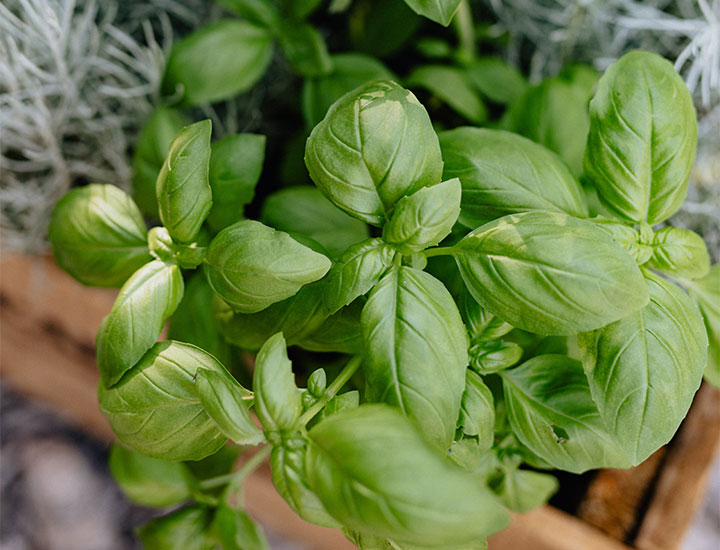
Basil
Basil is an excellent nerve tonic. Given that colds can stress you out, basil (especially holy basil) helps fight fatigue and exhaustion. It is mind-brightening and supports the adrenals —all qualities necessary to recover from a cold or flu. Basil may be consumed as a hot or iced tea or added to whole foods. You can add fresh basil to a salad or sandwich, or even use it as a meal topper. Alternatively, you can also add basil to a pitcher of cold water with lemon as a whole body tonic. The best part? It's easy to grow in an indoor herb garden and have at your fingertips whenever needed.
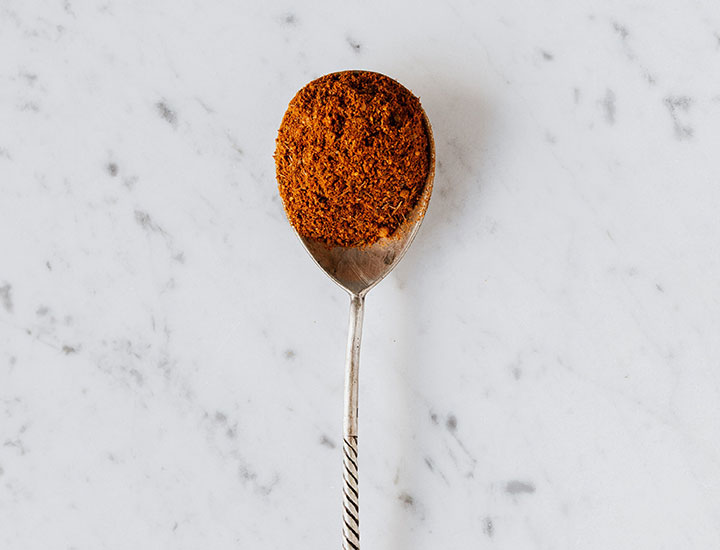
Cinnamon
This wonderful warming spice is excellent for winter to stimulate circulation and remove stagnation. It aids in the dispersement of nutrients and blood around the body, which also helps with immune function. Try it as a hot tea at the onset of a cold or flu. Use cinnamon chips, cinnamon powder, or a cinnamon stick and add it to hot water. Let it steep for 5 to 10 minutes. Cinammon also helps balance blood sugar and may be added to favorite foods like yogurt, smoothies, hot chocolate, or overnight oats. You can also mix it in with warm milk (or any milk alternative).




